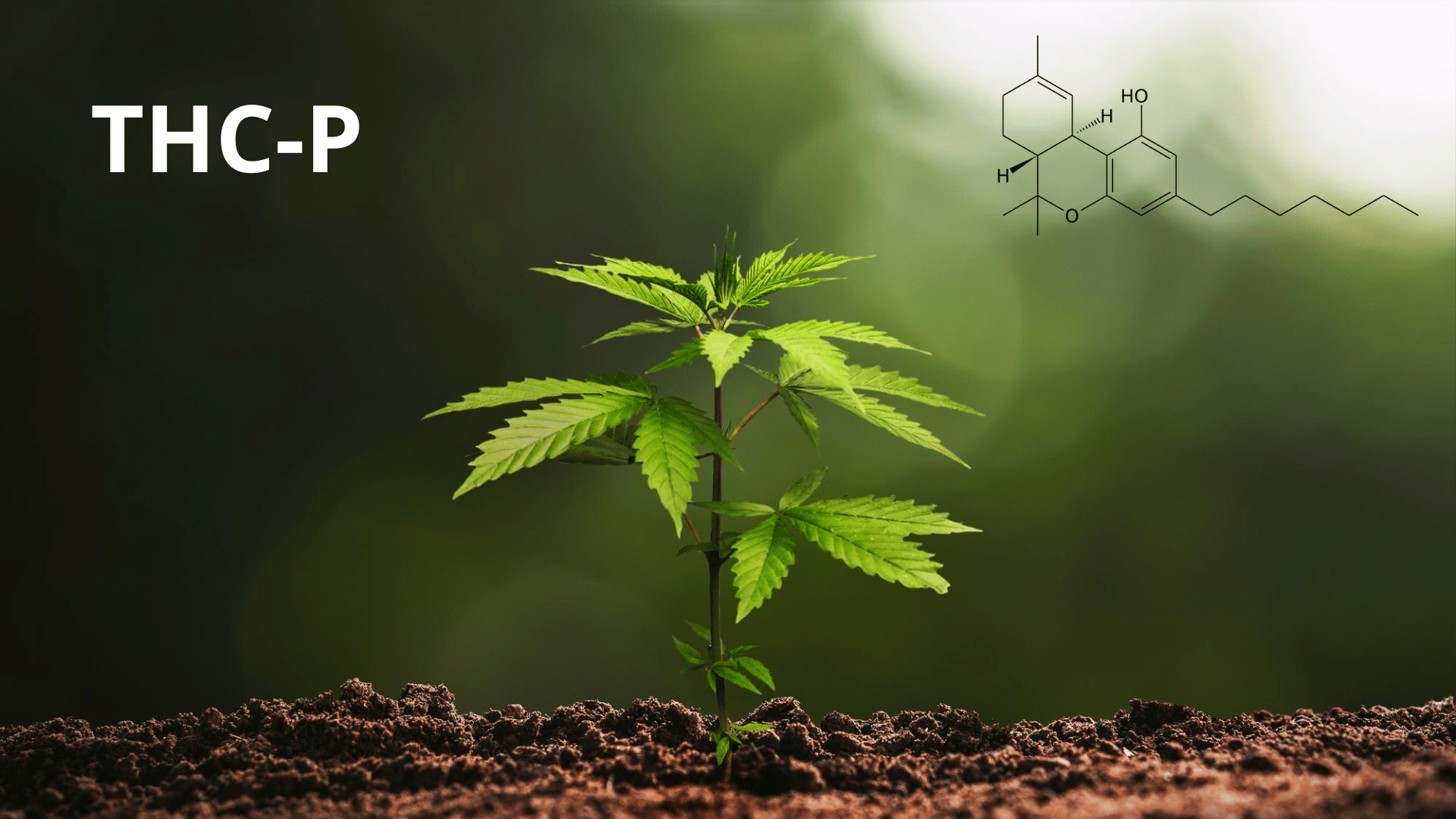
THCP, a phytocannabinoid occurring naturally in cannabis and similar to THC, the main psychoactive component of cannabis, was recently identified in 2019 by a group of Italian researchers. It is one of over 120+ cannabinoids that have been discovered so far in the cannabis plant, with many more potentially yet to be discovered.
What is particularly intriguing to the cannabis community is the possibility that THCP might have a greater influence on the psychoactive properties of a cannabis strain than THC itself. This article explores the scant information currently available on this recently discovered cannabinoid.
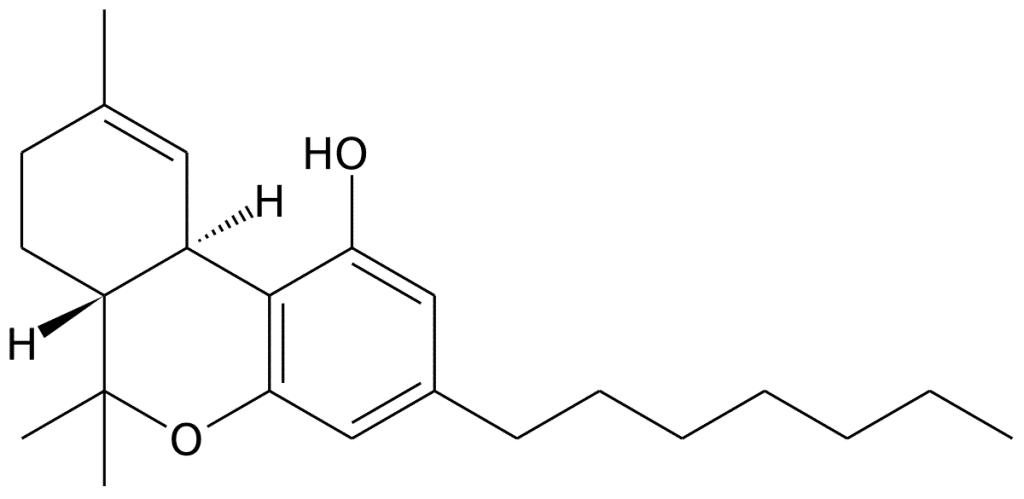
THCP molecule (THC-P)
What is THCP?
Delta-9-tetrahydrocannabiphoral , or THCP, is a cannabinoid closely related to THC and found in very low concentrations in the cannabis plant.
According to the researchers who discovered it, THCP interacts with the endocannabinoid system in a similar way to THC, but with a much greater affinity for cannabinoid receptors. Research has found that THCP binds to CB1 receptors up to 33 times more often than traditional THC, meaning THCP is potentially up to 33 times more potent than THC.
What makes THCP unique is its long alkyl side chains: the chain of carbon atoms is much longer than that of traditional THC (seven carbons compared to five). This allows the cannabinoid to attach more securely to receptors throughout the body. Thus, a much smaller amount of THCP is needed to influence the different functions governed by the endocannabinoid system (ECS) to achieve the same effect as THC.
Potential Uses and Benefits
THCP is still new to the cannabis world, and no studies currently exist outside of observations made by the original team who discovered this cannabinoid. Despite this, the evidence and potential medical applications are promising.
THCP could provide greater pain relief to patients who require high levels of THC for their care, such as those currently using CBD oil to reduce pain related to fighting cancer. Higher levels of THC-P could also produce sedative effects similar to high doses of THC and are potentially capable of relieving insomnia or reducing intractable pain.
However, there is no solid evidence of exactly how THC-P affects humans or which strains might contain higher levels of this cannabinoid. Additionally, although many have described THCP as having a more potent or "pronounced" effect than THC, there is no definitive evidence that this cannabinoid is more potent when consumed.
Potential Risks and Side Effects of THC-P
With no research available, patients should exercise great caution when considering THCP as a potential medication until more information becomes available.
THCP is 33 times more capable of binding to CB1 receptors than THC, meaning greater psychoactivity is at play, even with smaller doses. One could consume too much THCP and experience unwanted side effects like dry mouth, dizziness or lethargy.
It is also important to remember that THCP is generally only present in small concentrations in cannabis. Therefore, it is difficult to say what impact this cannabinoid has on the overall effect of cannabis. It is theorized that THCP could be one reason why some cannabis strains are much more potent than others, despite having a similar or lower THC concentration. However, there is no definitive proof of this concept.
Is THCP legal in France?
THCP is one of the newly discovered cannabinoids and still remains largely unexplored. The question of its legality therefore remains uncertain. It is not classified as a controlled substance, but its marketing is not explicitly permitted either. Currently, in France, legal uncertainty allows the sale of products containing THCP, provided that the THC content is less than 0.3%. However, as with all cannabinoids, legislation may vary from country to country.
THC vs THC-P: What are the distinctions between these cannabis components?
Chemically, delta 9 – THCP is similar to THC, except that it has a slightly more extended carbon side chain.
While THC has 5 carbon atoms in its molecular structure, THC-P has 7.
These additional atoms would increase its affinity with the CB1 and CB2 receptors in our body. As a result, THCP would reach CB1 receptors 30 times faster than THC, and 5 to 10 times faster CB2 receptors. Its extended structure also allows THC-P to bind more easily to the receptor, giving it greater potency and more immediate effects compared to THC.
Do you want to buy THCP ? Discover our flowers and other products in our online store.
Discover our Lemon Haze Ultra: https://lordofcbd.fr/produit/lemon-haze-ultra-thcp-6/
Comments are closed
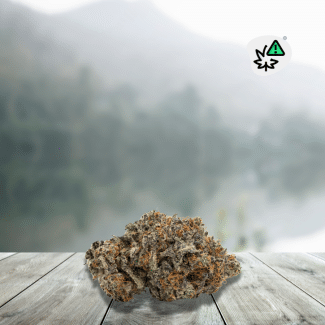
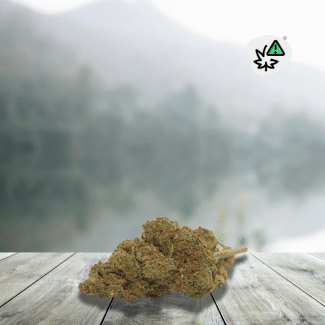

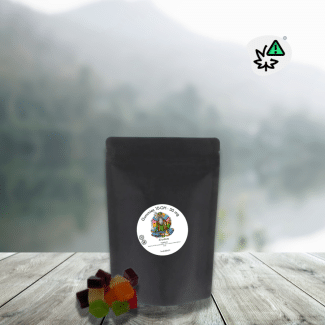


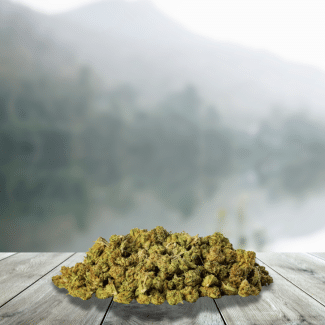
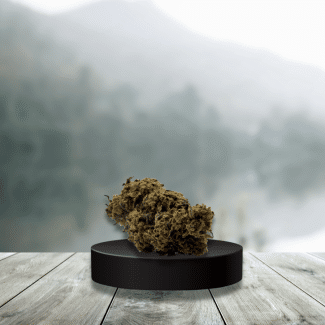
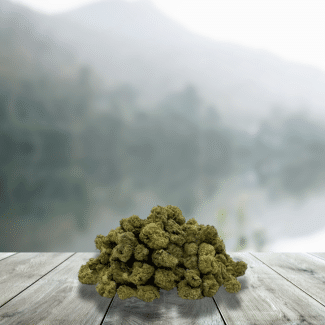
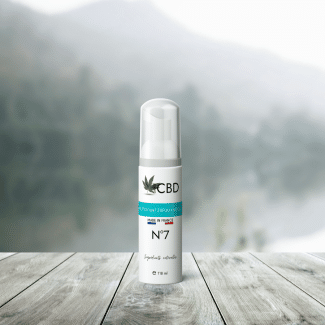





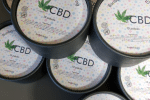
2 answers to “THCP Delta-9-tetrahydrocannabiphoral, what is it?”